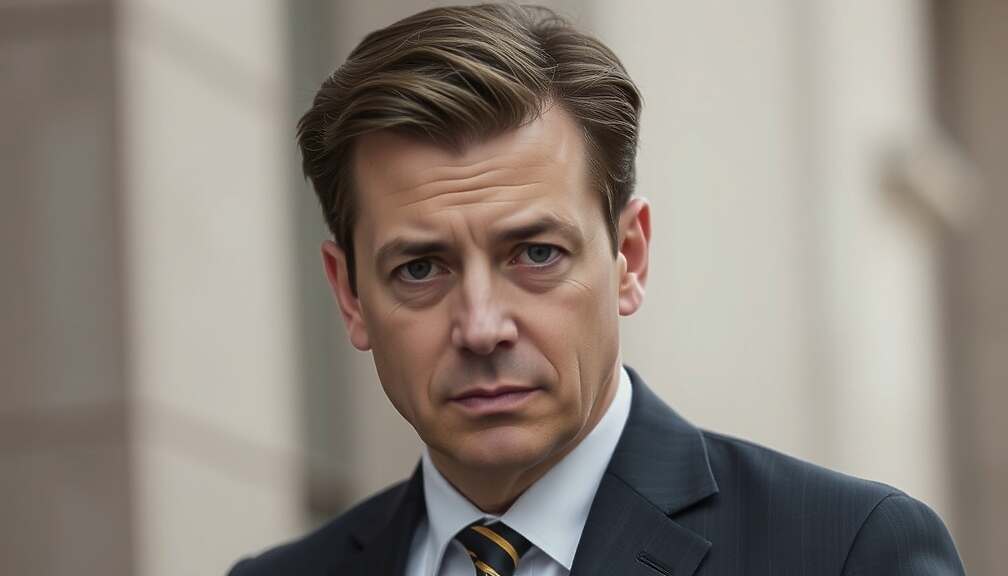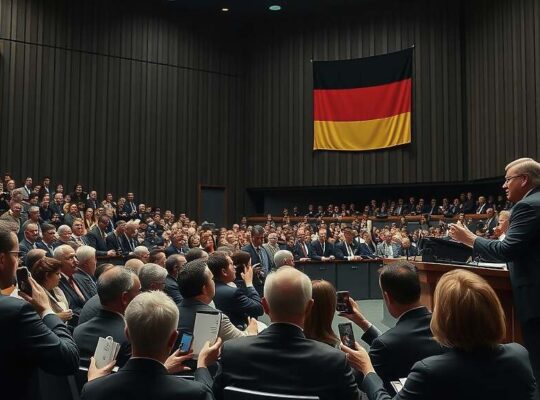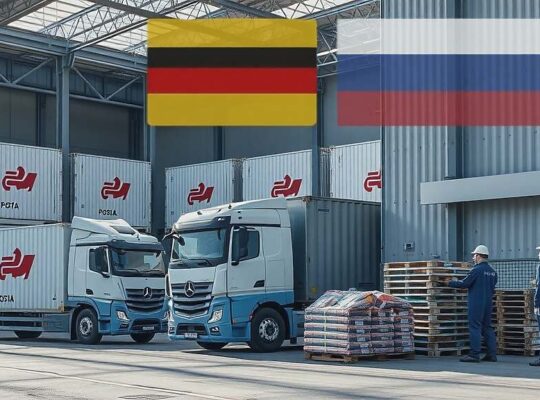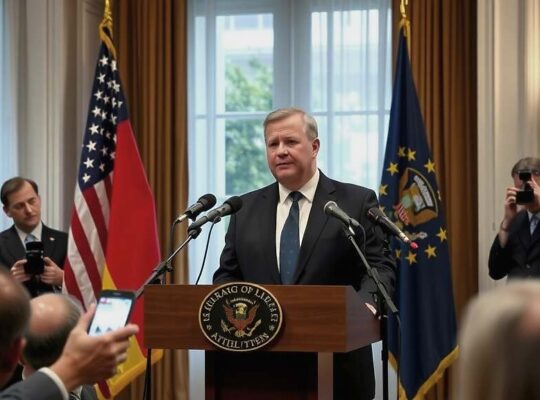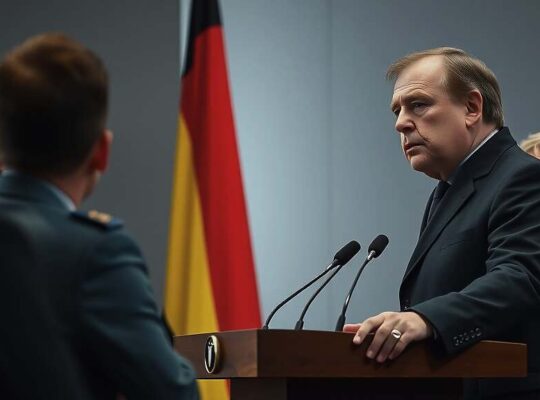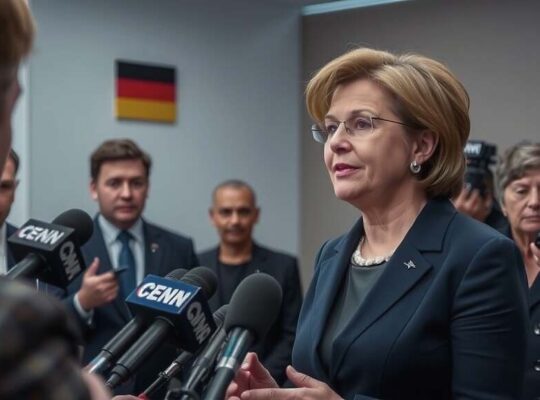Facing growing competition from US-based Starlink, the new CEO of Eutelsat, Jean-Francois Fallacher, has expressed a desire for German participation within his company. In an interview with Der Spiegel, Fallacher stated, “We would be absolutely open” to such involvement and welcomed discussions on the matter.
Paris-based Eutelsat operates the OneWeb satellite system, currently the sole European network of communications satellites in low Earth orbit (LEO). Globally, the Starlink network, spearheaded by US entrepreneur Elon Musk, holds a dominant market position. Fallacher emphasized Eutelsat’s objective to establish “One Web as the independent European alternative to Starlink.
The highly leveraged Eutelsat group is currently seeking fresh capital from shareholders, including its primary stakeholder, France. Fallacher stressed, “France has contributed a great deal of capital, but Eutelsat will not be a French company”. The company aims to attract additional countries as shareholders.
Fallacher, who assumed leadership of the group in June, is advocating for a significant shift in industry perspective. “The European space industry must understand it is being challenged by providers operating under different rules” he asserted. A need for greater agility and a willingness to accept higher risk, along with accelerated timelines, are crucial responding to the competitive landscape. He acknowledged a fundamental cultural shift would be necessary to achieve these changes.
OneWeb’s capabilities currently lag behind Starlink’s. To address this, Airbus Defence and Space is initially contracted to supply an additional 100 satellites. However, a modernization involving roughly 400 satellites over the next three years is deemed necessary to significantly improve the constellation’s performance.
Michael Schöllhorn, CEO of Airbus Defence, expressed cautious optimism regarding the EU’s planned Iris2 satellite project, slated for launch around 2030. He described Iris2 as a “flagship project” but cautioned against reliance on it alone, particularly within the current geopolitical climate. He advocated for leveraging existing assets, such as the OneWeb constellation and fostering a gradual transition toward Iris2.


